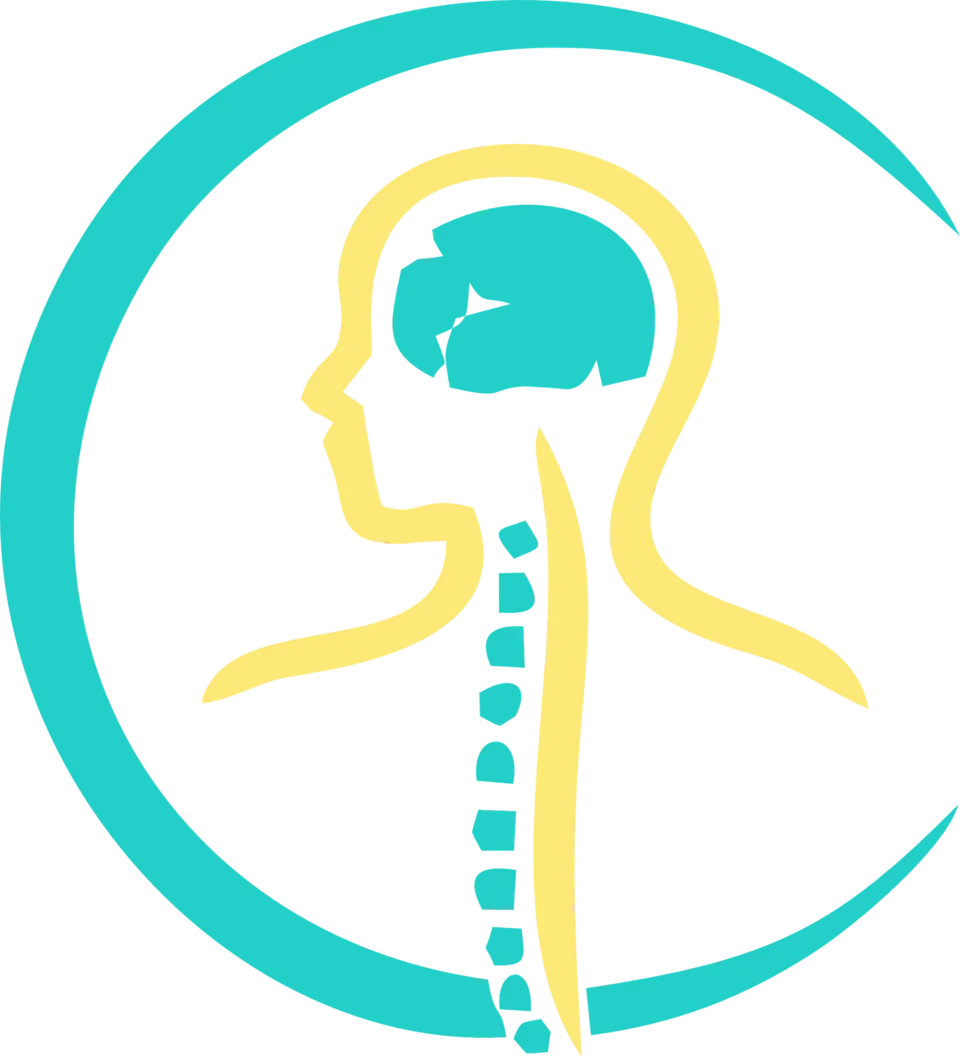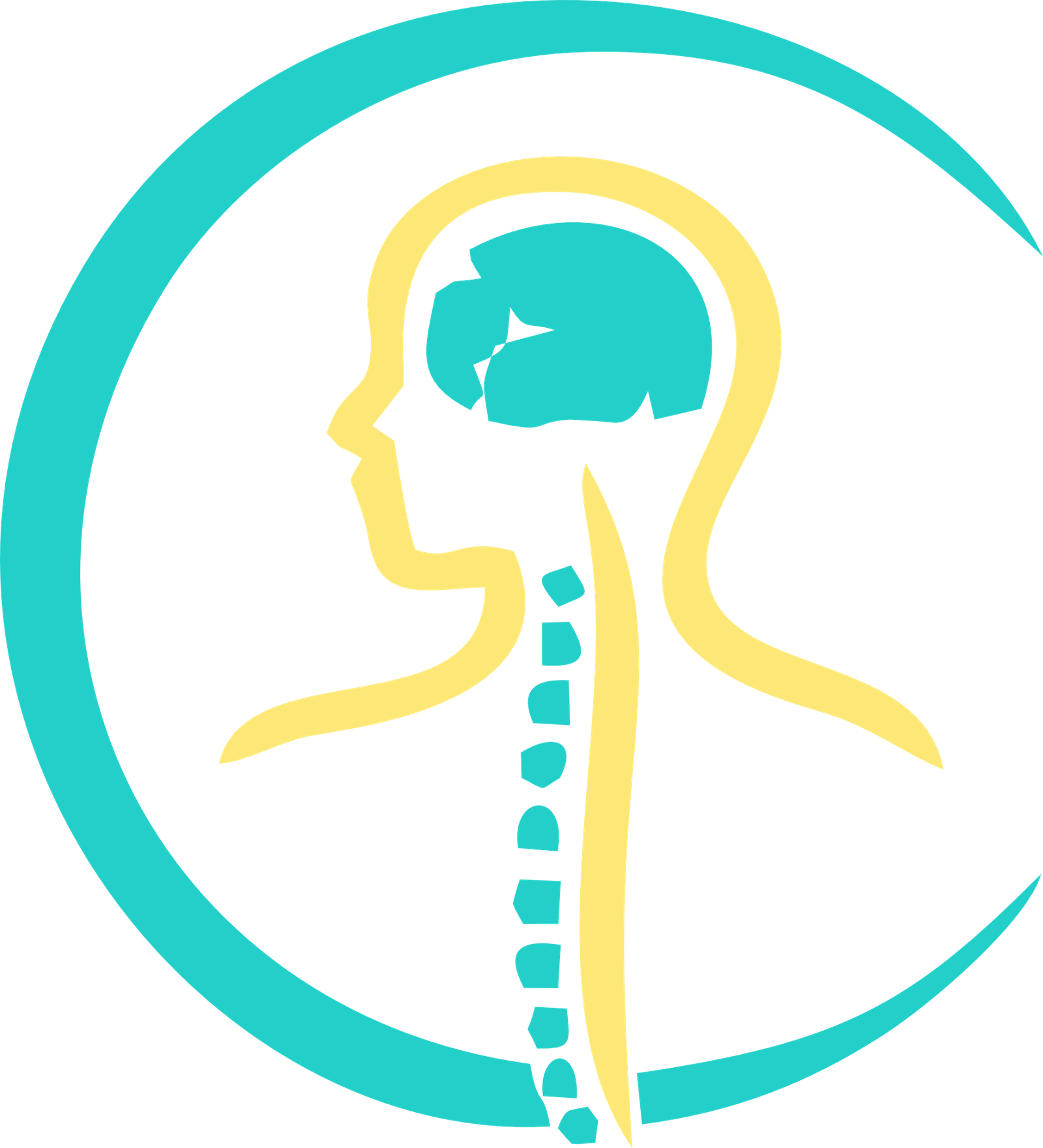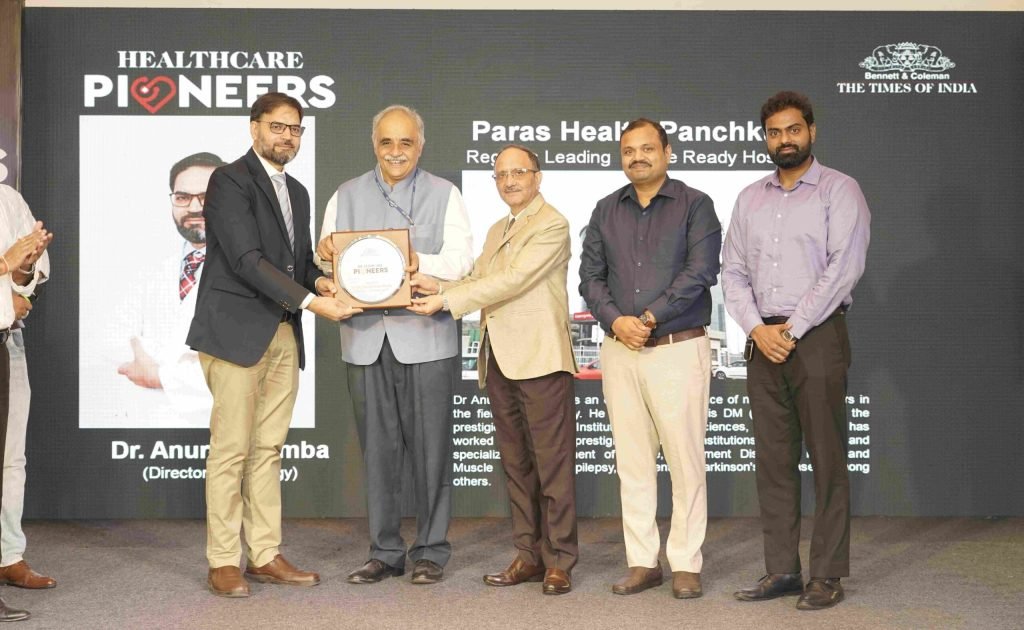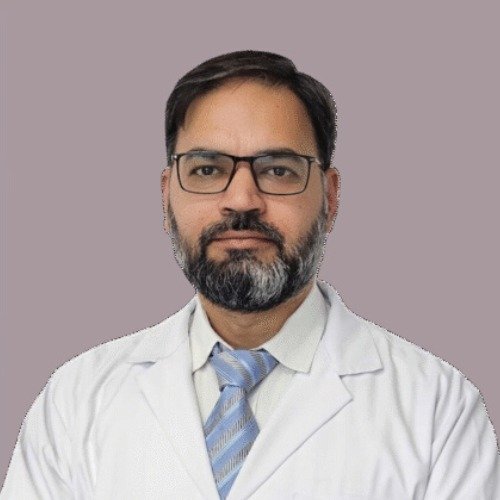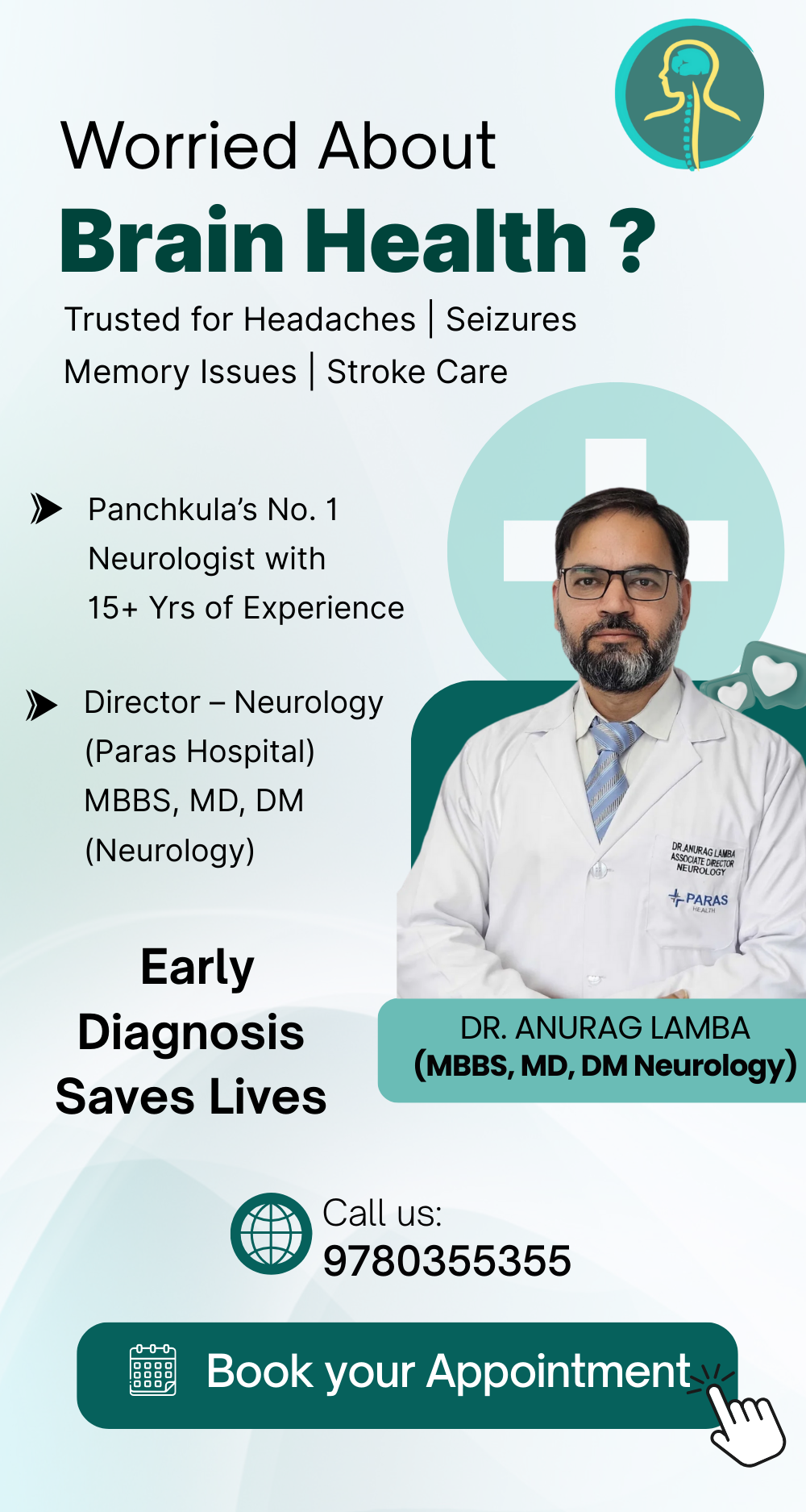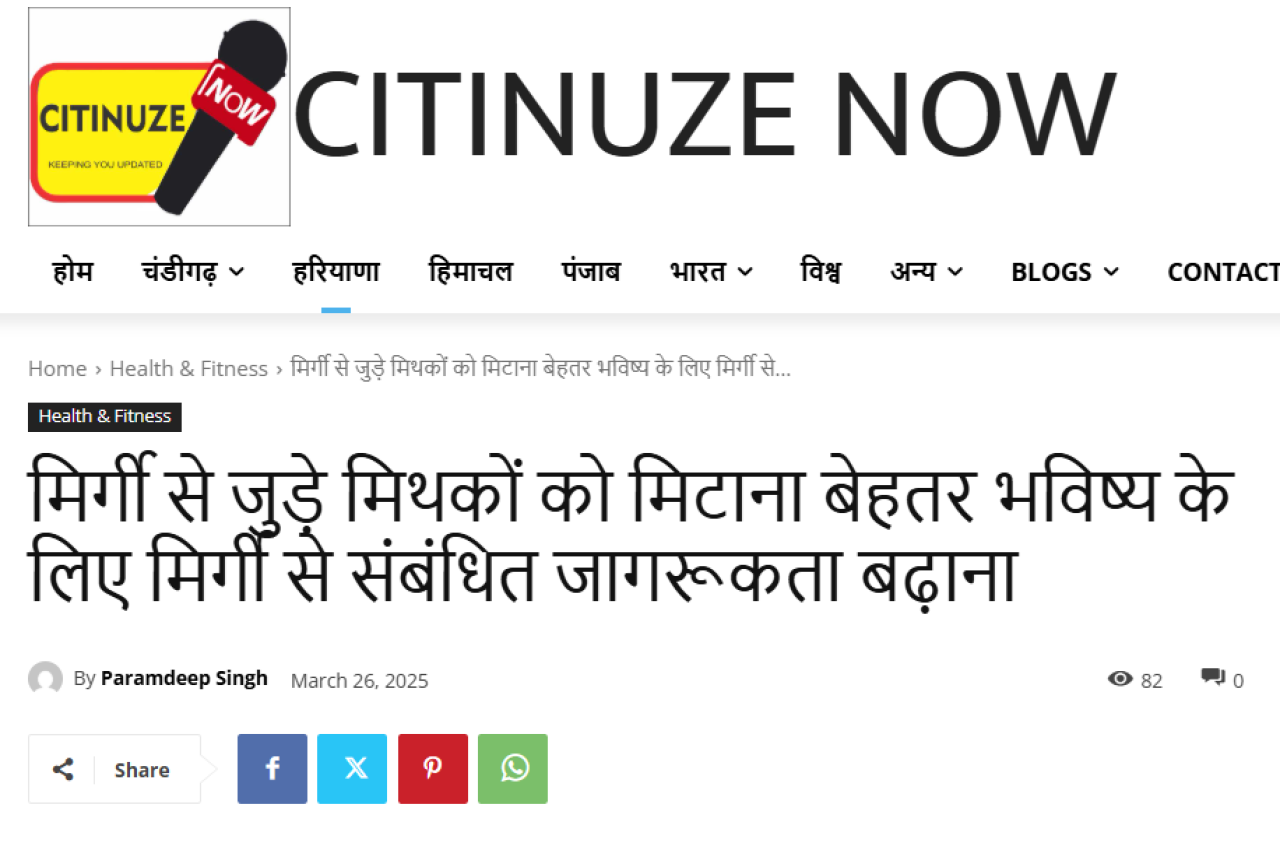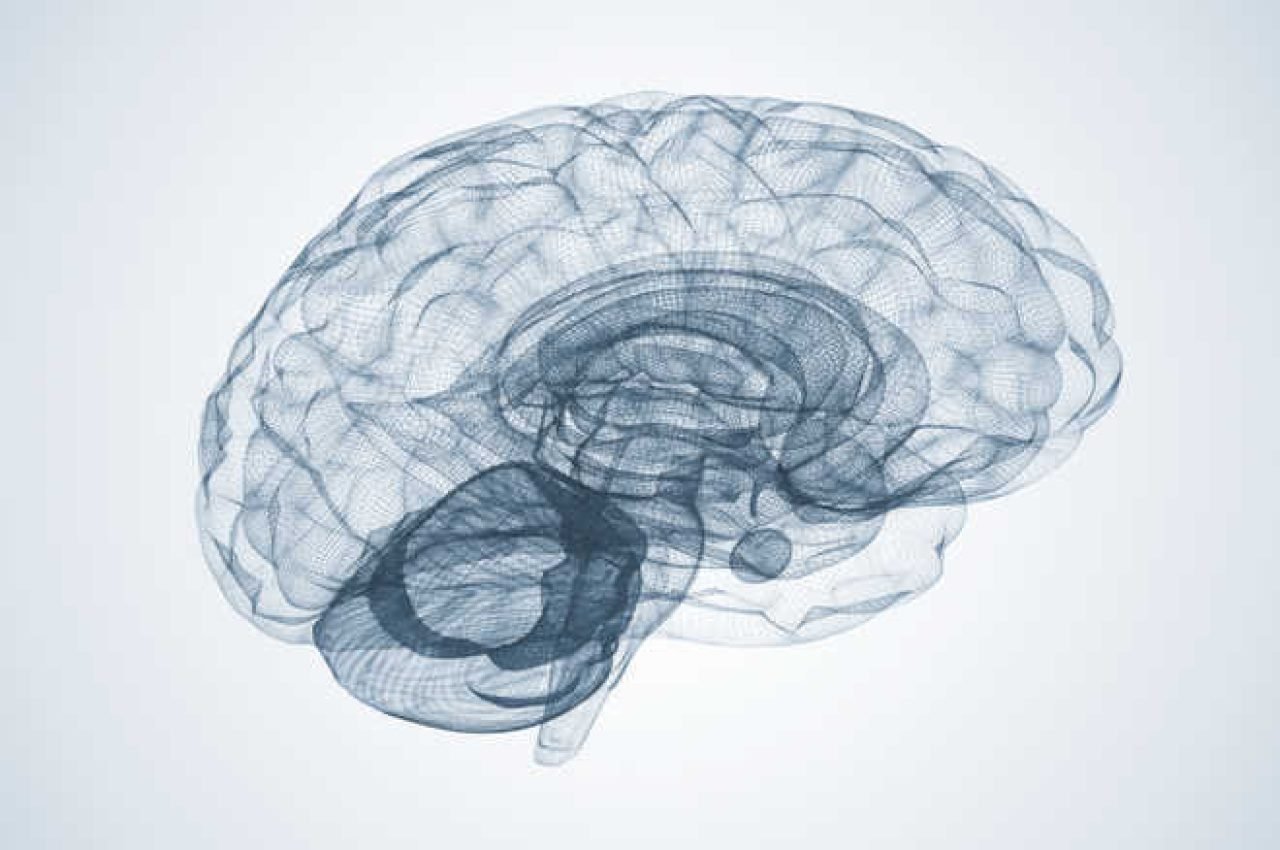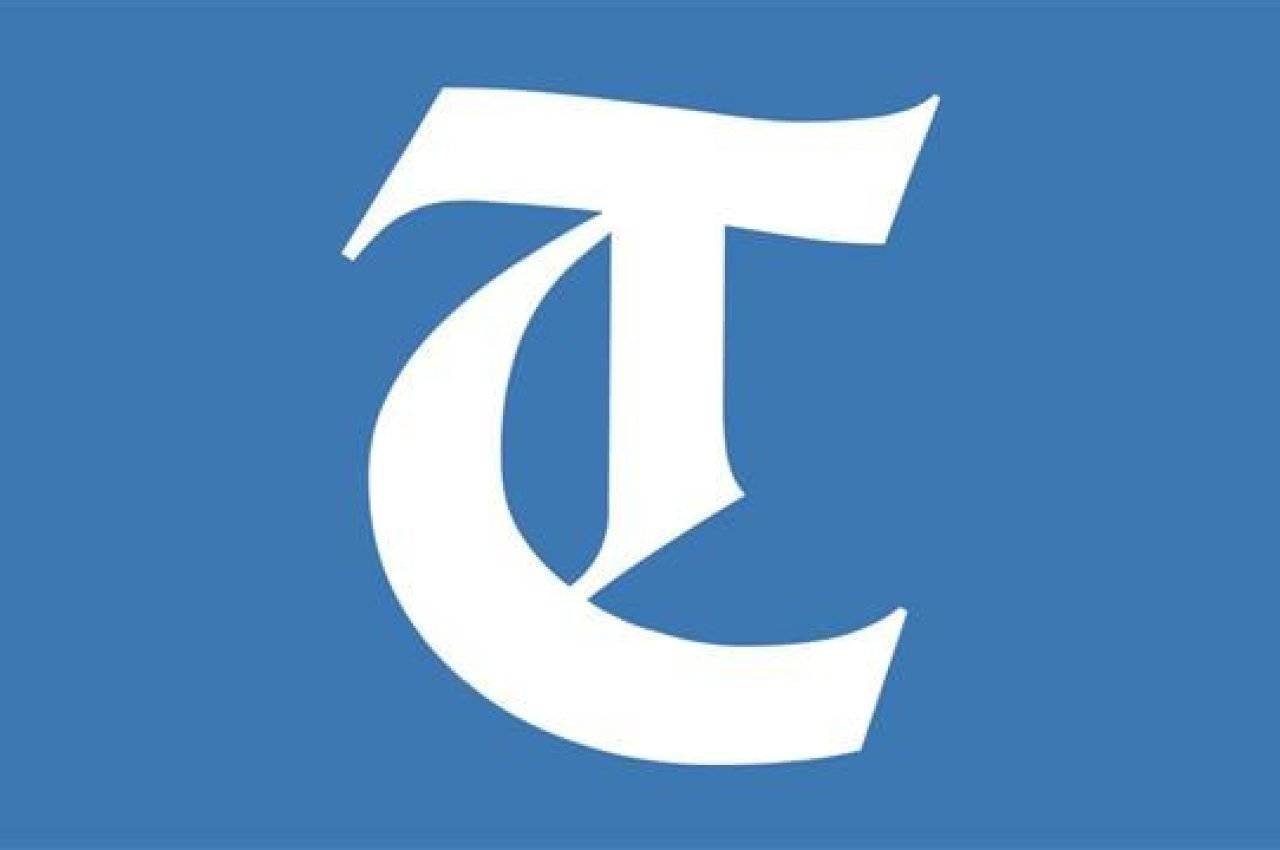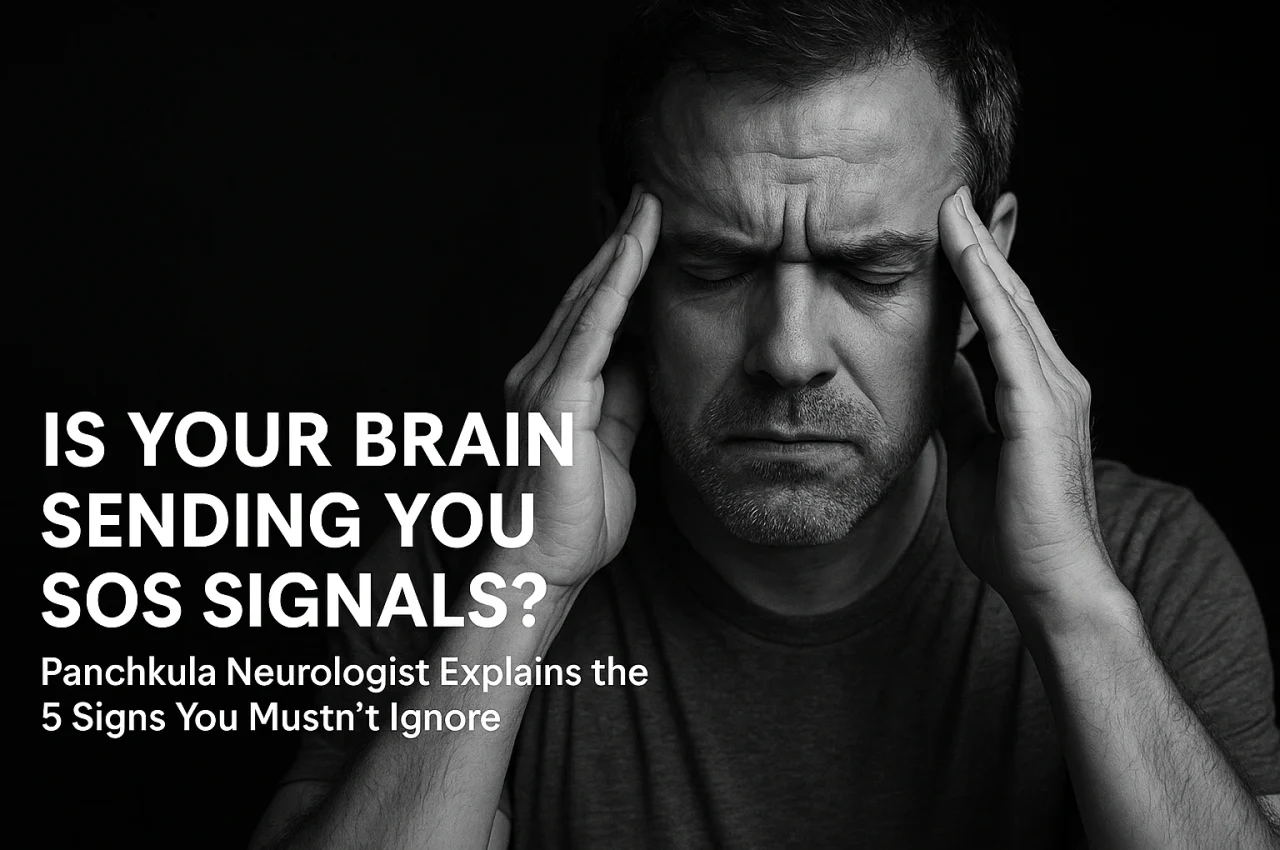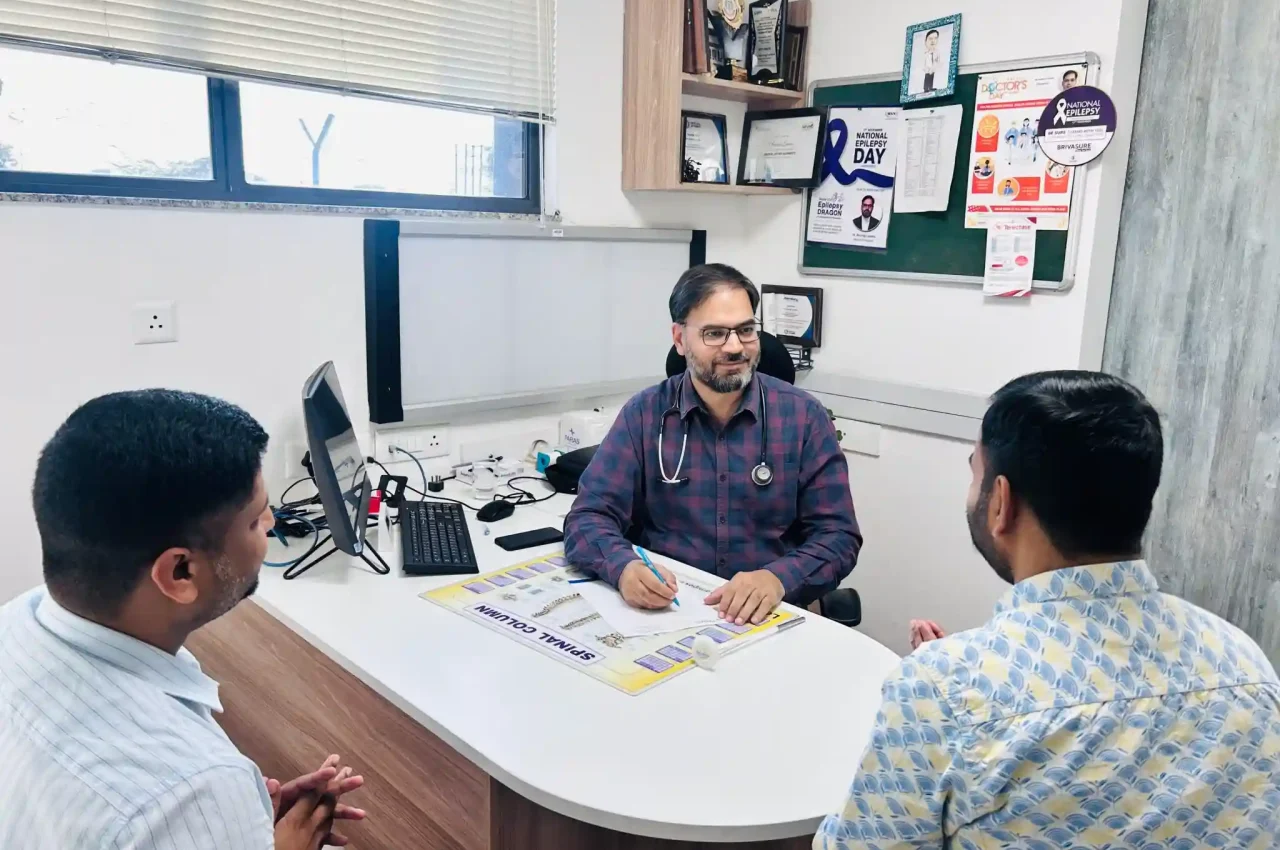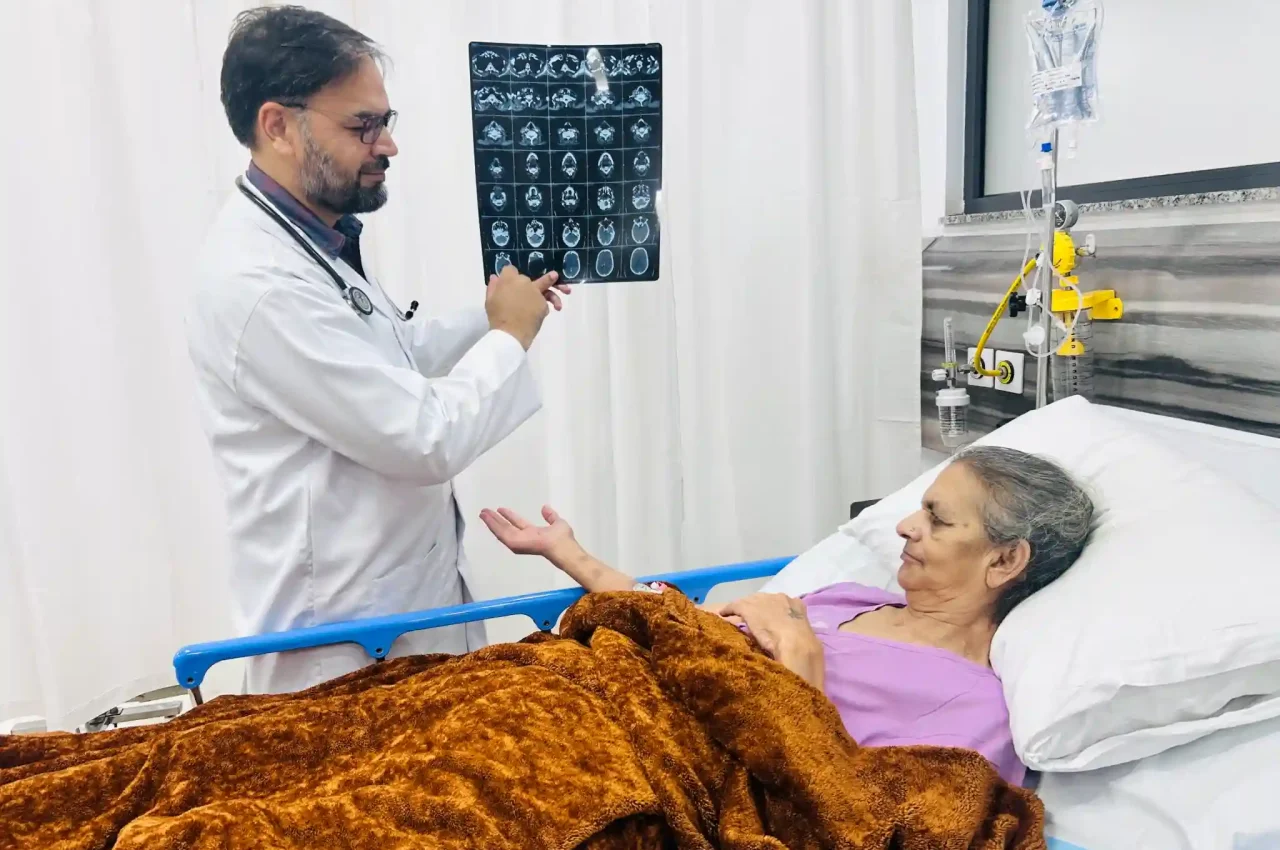Once a person starts forgetting names, struggling with focus, or feeling constant brain fog, a scary thought creeps in — “Is this permanent?” For thousands of patients in Panchkula, brain-related symptoms feel like a slow, irreversible decline. But what if we told you that in many cases, brain health can be improved — even reversed — with the right diagnosis and care?
Dr. Anurag Lamba, a senior neurologist in Panchkula, is changing the way chronic neurological conditions are understood. At his clinic, patients with Parkinson’s, memory loss, migraines, or post-stroke issues are not just given medicines — they’re given a roadmap back to better brain health.
Brain Damage Isn’t Always Permanent
There’s a common myth that once neurons are damaged, it’s game over. While it’s true that neurons don’t regenerate like skin cells, the brain has something even more powerful — neuroplasticity. This is your brain’s ability to form new connections, reroute pathways, and recover lost functions — especially when supported early.
According to research from the National Institute of Neurological Disorders, patients with chronic neurological issues can see improvement in mobility, speech, memory, and emotional control through timely intervention, rehab, and lifestyle rewiring.
Real Patient Story: A Panchkula Teacher’s Comeback
Seema, a 57-year-old retired teacher from Sector 7, suffered a stroke that left her with slurred speech and weak right hand movement. After six months of passive treatment elsewhere, she came to Dr. Anurag. “I was told this is the best it’ll ever get,” she said.
Dr. Anurag didn’t agree. He began a tailored plan that included:
- Neuro-rehab physiotherapy
- Speech therapy with weekly goals
- Cognitive games and memory exercises
- Nutrition and brain-healing supplements
Within 3 months, Seema could lift a spoon, sign her name, and complete full sentences again. Today, she volunteers at a local school. “It wasn’t magic,” she says, “but it was hope — with a plan.”
“Recovery is possible. Even if it’s slow. Even if no one else believes it.”
Conditions Where Brain Function Can Be Improved
At Dr. Anurag’s clinic, we’ve seen significant improvements in patients with:
- Stroke (CVA) – when rehab starts early, brain circuits can rewire
- Parkinson’s disease – with medication + exercise, symptoms reduce dramatically
- Early Alzheimer’s / Memory decline – memory techniques and diet help retain clarity
- Migraine & chronic headache – lifestyle and sleep optimization reduce attacks
- Post-COVID brain fog – seen in many professionals and homemakers alike
Brain health is dynamic — not fixed. It’s not just about curing diseases. It’s about improving quality of life, one habit, one neuron at a time.
What Dr. Anurag Does Differently in Panchkula
Unlike rushed consultations in larger hospitals, Dr. Anurag’s clinic focuses on personalized care. Here’s what makes the difference:
- Root cause diagnosis: He investigates thyroid, vitamin B12, sugar control — all of which affect the brain
- Holistic treatment plans: Includes physiotherapy, diet, sleep, stress tracking
- Family counselling: Empowering caregivers for diseases like dementia and Parkinson’s
- Monitoring progress: Not just once a year — but regularly, to make real-time changes
As Dr. Anurag says, “Brain healing isn’t passive. It’s active — and deeply personal.”
Is It Too Late to Start Brain Recovery?
Many people in their 60s and 70s assume nothing can be done. But science — and our experience — says otherwise. Even in patients with delayed diagnosis, improvements in mood, memory, and coordination are possible.
According to a study published in Frontiers in Aging Neuroscience, neuroplasticity continues well into the 80s — especially with stimulation like puzzles, walking, social interaction, and focused therapy.
Early Signs You Shouldn’t Ignore
Don’t wait for a crisis to care for your brain. Early warning signs include:
- Frequent forgetfulness
- Sudden clumsiness or imbalance
- Personality changes or irritability
- Blank stares or unresponsiveness
- Slurred speech or word confusion
If you notice these in yourself or a loved one, don’t delay. A neurological checkup could be the turning point.
Brain-Boosting Habits for Panchkula Residents
Dr. Anurag recommends a Panchkula-friendly daily routine for brain health:
- 15-minute morning walk in a park like Sector 5 or Nada Sahib trail
- Breakfast with nuts, fruit & complex carbs — brain loves glucose!
- Limit screen time, especially doom-scrolling late at night
- Practice one new activity weekly: puzzle, language, even singing
- Stay social: group calls with family, gurdwara seva, or local hobby clubs
Little steps lead to big shifts. That’s how the brain heals — through consistency, not overnight miracles.
“The brain is like a garden. The more you nourish it, the more it surprises you.”
“Healing doesn’t mean going back to who you were. It means becoming who you can still be.”
Related Reads:
- Brain Tumours: Early Signs & Treatment Options
- Post-Brain Surgery Recovery Timeline
- Headaches & Memory Issues: When to See a Neurologist
- Neurosurgery 101: What to Expect
Want to speak to Dr. Anurag about improving brain health? Click here to book a consultation today.
Disclaimer: This article is for educational purposes only. Please consult a qualified neurologist for diagnosis and treatment.
